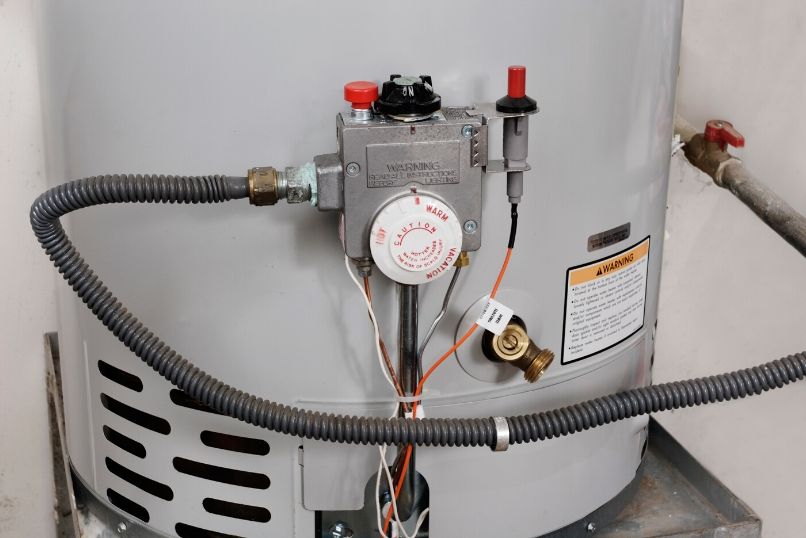Chemical processing equipment
Some chemical processing equipment is made out of nickel alloy 400 due to the material’s high corrosion-resistance. Chemical processing plants typically use it to create piping systems, pump shafts, seawater values, and much more. It’s also available in multiple shapes, so it’s easier to work with when used to create chemical processing equipment.
Chemical and water tanks
Chemical and water tanks are often made of nickel alloy 400, which is used in this application because of its strength, durability, and ability to be easily formed. Its resistance to corrosion also prevents water and chemicals from deteriorating or destroying the container in which they’re housed. Chemical and water tanks can pose threats if corroded or damaged, making a corrosion-resistant metal the perfect choice of material.
Heaters
Nickel alloy 400 is also used in heating applications such as boiler feedwater heaters, heat exchangers, and de-aerating heaters. It’s naturally resistant to salts, caustic alkalis, and the effects of corrosion, and it can also withstand extreme temperatures—these characteristics make it the ideal material to create heating materials out of. It won’t react negatively or melt under the heat created by the heater, and it will hold its shape and integrity without issue.
There are many other applications for nickel alloy 400, and it may even be the right material for your project. Contact Wieland Diversified today for a quote or for more information on how nickel alloy 400 may be a beneficial material for you or your business.

